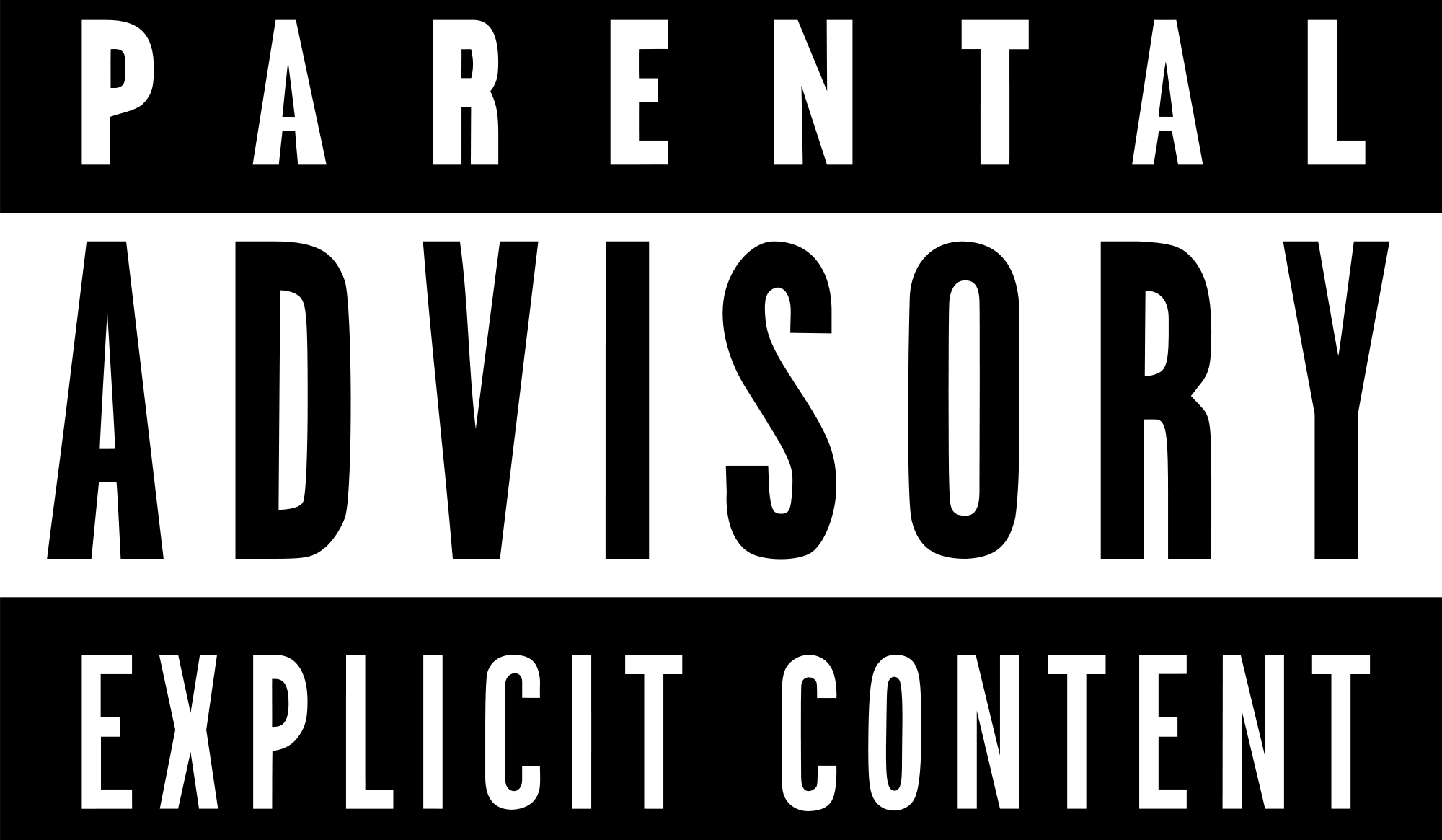Chief Justice Warren E. Burger of the Supreme Court, the same Chief Justice Warren E. Burger of such cases as Roe V. Wade, United States V. Nixon, and Furman V. Georgia, once passed supreme judgment on breasts. Specifically, those of Ann Margaret Taylor in the 1971 film Carnal Knowledge. That obscure little footnote of US obscenity jurisprudence is actually about American as you can get, right alongside which president freed the slaves or Babe Ruth’s earned run average. Americans love freedom, but they also love sex and violence (see: Tarantino, Quentin). But even more so, they love to pretend they don’t, and the censorious judgment that along comes with it.
Despite loving to celebrate freedom, Americans can be more prudish than the average European on issues from homosexuality to religious identity. Yet for most of our modern history, Americans have had fairly lax censorship and obscenity laws. “Obscenity,” Bertrand Russell once sniped, “is whatever happens to shock some elderly and ignorant magistrate.” Swap out magistrate with industry rep, and you have a pretty good handle on censorship in the United States. In most other countries, however, government bureaucrat would be a far more appropriate switch. Yet the United States, as any drunk on the Fourth of July will tell you, is not like many other countries.
Consider a tale of two cities: Rome and Hollywood. In 1980, Italian director Ruggero Deodato tried to release the film Cannibal Holocaust. Later analysis of the film has drawn parallels between the gruesome “torture porn” aspects of the movie and the media coverage of the Italian terrorist group known as the Red Brigades. The film is literally oozing with gore and sex. The most famous poster of the movie has a still shot of a raped woman impaled on a stick, an image which prompted Deodato to actually be put on trial by the Italian government for making a snuff film.
Italy, along with many other countries, found Cannibal Holocaust so horrible as to ban it, but the film was released in America. In point of fact, the film opened in 1984 with an NC-17 rating by the Motion Picture Association of America (MPAA). Even more interestingly, the American government did not react whatsoever in regards to the film’s release.
The MPAA, the primary rating authority for films in the United States, is a member of many Americans’ favorite branch of government: none. Along with its ratings division, the Classification and Ratings Administration (CARA), the MPAA is a private, independent trade organization of the largest Hollywood studios that does, upon closer examination, look like a bit of a cartel. They are not an officially licensed body of or by the US government to rate, classify, or censor films, but that doesn’t stop them from being the de facto censorship body of the film industry, even as a self-regulating trade group. Movies in America are a private enterprise, from start to censor.
The US government has occasionally bumped up against a perceived tide of immorality in films over the years. In the case of Jenkins V. Georgia, for instance, Georgia authorities had deemed the film Carnal Knowledge as obscene material until the Supreme Court overruled them. But by and large, no, the government does not have a heavy hand in the censorship of film.
When censorship does occur, however, it takes on a uniquely American flavor. The system that the MPAA uses is actually a purposeful model of economically enforced censorship. The government does not ban a film, but the MPAA might be able to stop it from a successful release.
In the endless battle to win the box office (or at least break even), directors will often try to cling to a PG-13 or R rating in order to reach the largest audience possible, especially since films that go up to that terrifying next level (NC-17) rarely are able to even find a theater to house them. Like Cannibal Holocaust in 1984, they can still be released, but that doesn’t mean they make money once they’re shut out of the only profitable venues. Studios can even choose to release films without a rating, but it almost guarantees a straight to video release.
This style of self-censorship seems to directly clash with American objection to speech suppression. A brief examination of the fallout after North Korea (or someone else) caused Sony to pull James Franco and Seth Rogen’s The Interview reveals that the American people love their freedom of speech a lot, even when that speech is composed of really bad jokes (I don’t even mean poor taste, just bad).
Perhaps we accept it because of its roundabout nature: it feels more indirect than the NSA surveillance we’ve become accustomed to. Or maybe simply because it’s done privately. By letting a private trade association screen and rate our films, we have thus succeeded in effectively privatizing censorship, the last great bastion of Big Government monopoly.
But beyond all shadow of a doubt, it’s not the universal mode of operation. To this day, films deemed too obscene are banned in pluralistic democracies. Australia’s Classification Board works with the Attorney-General’s Department to certify and de facto censor films on the mass market, Canada’s vast network of provincial censorship boards represses at the regional level instead of a national one, and the independent British Board of Film Classification operates as a public-private partnership to screen and block movies. In the United States, films may not be officially banned, but they are little more likely to see the light of day than if such a ban was in place.
Commercial exile can certainly be just as powerful as a governmental censor, and in many ways, represents a far more dangerous version of such: by outsourcing our censorship, we forget that it exists just as much here as Europe, Asia, Africa, or elsewhere. Even privatized, Big Brother is still watching.
